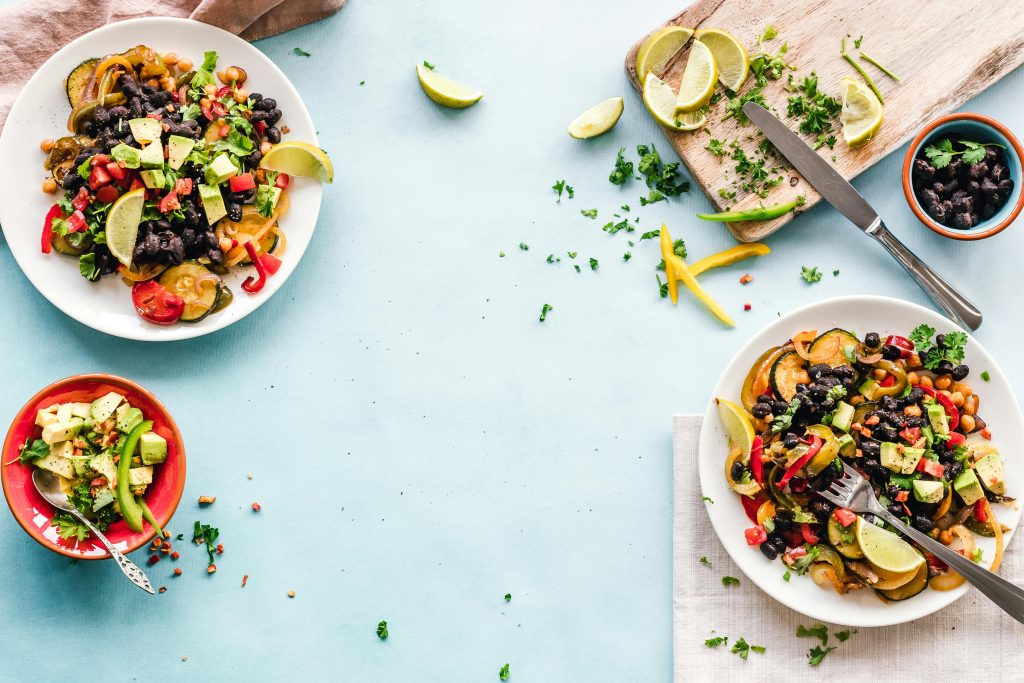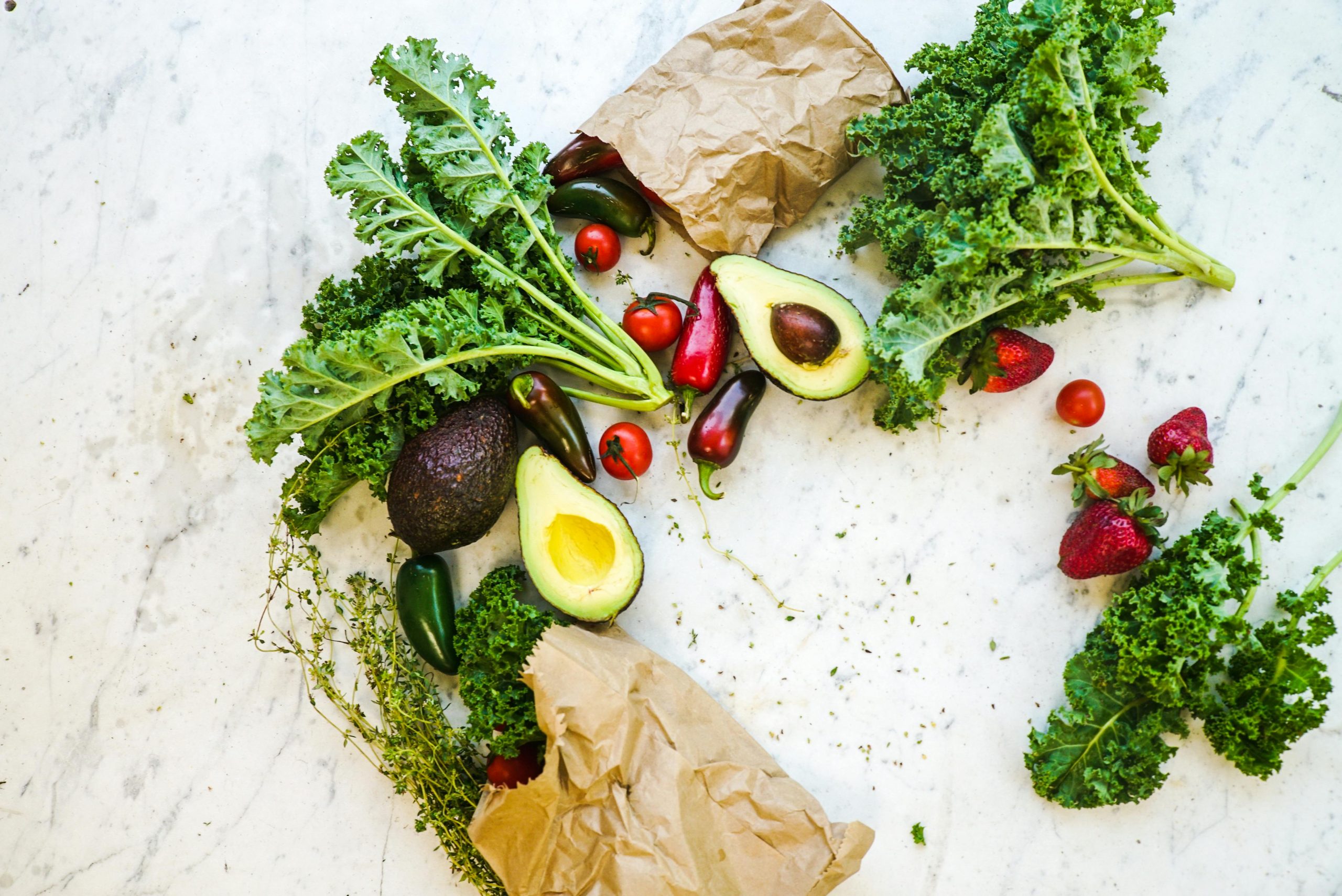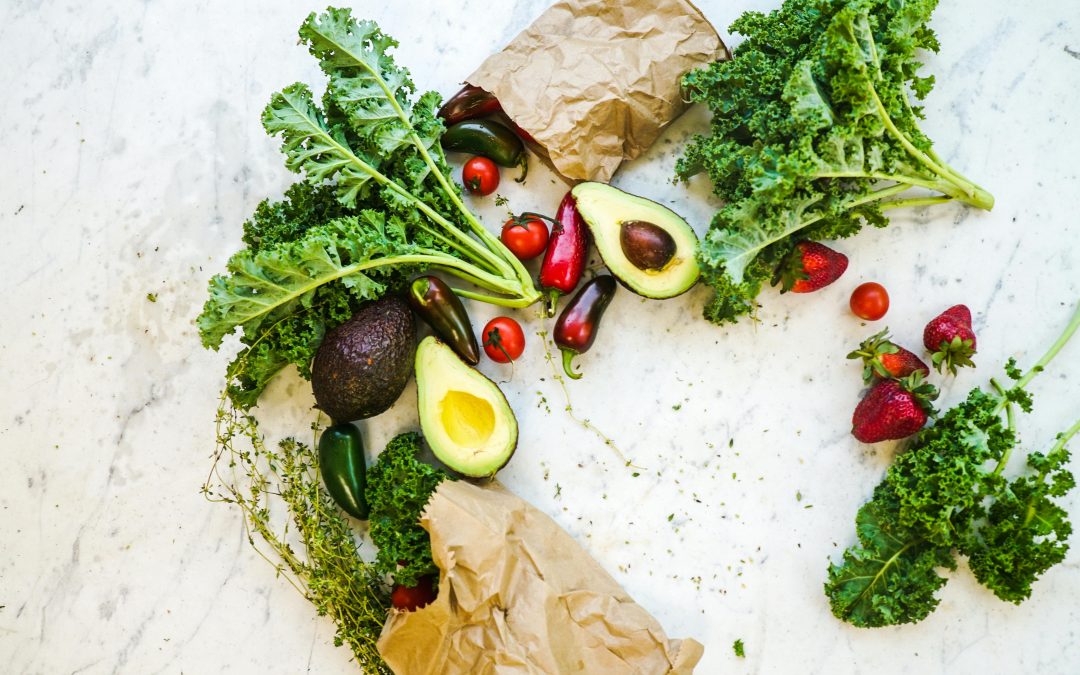Are you looking to improve your health and wellness through your diet?
Eating whole foods is an excellent way to nourish your body with essential nutrients. By focusing on a variety of whole, unprocessed foods, you can optimize your health and well-being. Let’s dive into the world of whole foods and explore the benefits of incorporating them into your diet.

What are whole foods?
Whole foods are foods that are minimally processed and free of additives. They are natural, plant-based foods that contain essential nutrients like vitamins, minerals, fiber, and antioxidants. Fruits, vegetables, whole grains, nuts, seeds, and legumes are all examples of whole foods that provide numerous health benefits.
Why are whole foods important for your health?
Whole foods are rich in essential nutrients that support overall health and well-being. By consuming whole foods, you can ensure that your body is getting the vitamins, minerals, and antioxidants it needs to function optimally. Unlike processed foods, which are often high in unhealthy fats, sugars, and additives, whole foods provide nourishment without added chemicals or artificial ingredients.
How can a whole foods diet benefit your body?
Switching to a whole foods diet can have a profound impact on your health. Whole foods are nutrient-dense, meaning they provide a high amount of essential nutrients relative to their calorie content. This can help you maintain a healthy weight, improve your digestion, boost your immune system, and reduce your risk of chronic diseases like heart disease, diabetes, and cancer.
What are some examples of whole foods you can incorporate into your diet?
There are countless whole foods that you can add to your diet to improve your health. Incorporating a variety of fruits, vegetables, whole grains, nuts, seeds, and legumes can help ensure that you are getting a wide range of nutrients. Here are some examples of whole foods you can include in your meals:
| Whole Food | Benefits |
|---|---|
| Blueberries | Antioxidant-rich, may improve brain function |
| Spinach | High in iron, fiber, and vitamins |
| Quinoa | Complete protein source, gluten-free |
| Almonds | Rich in healthy fats, vitamin E |
| Black beans | High in fiber, plant-based protein |

How can you incorporate more whole foods into your diet?
Transitioning to a whole foods diet doesn’t have to be difficult. Here are some tips to help you incorporate more whole foods into your meals:
-
Start small: Begin by adding one new whole food to each meal, such as a handful of berries on your oatmeal or a side of steamed broccoli with dinner.
-
Experiment with new recipes: Look for whole foods recipes online or in cookbooks to inspire you to try new ingredients and flavor combinations.
-
Meal prep: Prepare healthy meals and snacks ahead of time to make it easier to reach for whole foods when hunger strikes.
-
Shop the perimeter: In the grocery store, focus on shopping the perimeter where whole, unprocessed foods like fruits, vegetables, and lean proteins are typically found.
-
Read labels: When purchasing packaged foods, read the ingredient list to ensure that they are made with whole, natural ingredients.
Why is it important to cook with whole foods?
Cooking with whole foods allows you to control the ingredients in your meals and ensure that you are getting the nutrients your body needs. When you cook with whole foods, you can avoid unhealthy additives like preservatives, artificial flavors, and refined sugars. By preparing your meals with fresh, whole ingredients, you can enhance the flavor and nutritional value of your food.

How can you create delicious meals using whole foods?
Creating delicious meals with whole foods is easier than you might think. By combining fresh, vibrant ingredients, you can create dishes that are both nutritious and flavorful. Here are some ideas for incorporating whole foods into your meals:
-
Smoothie bowls: Blend together frozen fruit, leafy greens, and nut milk for a nutrient-packed breakfast or snack.
-
Grain bowls: Combine cooked whole grains like quinoa or brown rice with roasted vegetables, lean protein, and a drizzle of homemade dressing for a balanced meal.
-
Stir-fries: Cook up a colorful stir-fry with a variety of vegetables, tofu, or lean meat, and a savory sauce for a quick and easy meal.
-
Salads: Start with a bed of leafy greens and top with your favorite fruits, nuts, seeds, and protein for a refreshing and satisfying dish.
-
Soups: Simmer together vegetables, beans, whole grains, and herbs for a hearty and nourishing soup that will keep you warm and satisfied.
What are some essential tools for cooking with whole foods?
Having the right tools in your kitchen can make cooking with whole foods easier and more enjoyable. Here are some essential tools that can help you prepare delicious meals with whole ingredients:
-
High-speed blender: Blend smoothies, soups, sauces, and dressings with ease using a powerful blender that can pulverize whole fruits and vegetables.
-
Sharp knives: Invest in a set of high-quality knives that make chopping, slicing, and dicing fruits and vegetables a breeze.
-
Vegetable spiralizer: Create pasta-like noodles from zucchini, sweet potatoes, and other vegetables for a fun and nutritious alternative to traditional pasta.
-
Steamer basket: Steam vegetables, seafood, and dumplings to retain their nutrients and natural flavors without added fats.
-
Cast iron skillet: Sear, sauté, and bake foods in a durable and versatile skillet that retains heat and imparts a rich flavor to your dishes.
How can a whole foods cookbook inspire you to eat healthier?
A whole foods cookbook can be a valuable resource for anyone looking to improve their health and wellness through their diet. These cookbooks are filled with delicious recipes that feature whole, natural ingredients that are rich in essential nutrients. By following the recipes in a whole foods cookbook, you can learn how to prepare nutritious meals that support your well-being and nourish your body.
What should you look for in a whole foods cookbook?
When choosing a whole foods cookbook, look for one that features a variety of recipes that showcase fresh, seasonal ingredients. The cookbook should also include tips for cooking with whole foods, information on the health benefits of different ingredients, and guidance on how to create balanced meals. Additionally, consider the author’s credentials and expertise in the field of nutrition and wellness.
How can you make the most of a whole foods cookbook?
To make the most of a whole foods cookbook, take the time to read through the recipes and familiarize yourself with the ingredients and techniques used. Experiment with new recipes, flavors, and cooking methods to expand your culinary skills and create meals that you love. Don’t be afraid to get creative and adapt recipes to suit your tastes and dietary preferences.
In conclusion
Cooking with whole foods is a rewarding and fulfilling way to nourish your body and promote your overall health and well-being. By incorporating a variety of whole, unprocessed foods into your diet, you can enjoy the benefits of increased energy, improved digestion, and reduced risk of chronic diseases. Whether you’re a seasoned chef or a beginner in the kitchen, a whole foods cookbook can inspire you to create delicious and nutritious meals that support your journey to better health. Start experimenting with whole foods today and experience the transformative power of nourishing your body with nature’s bounty.







